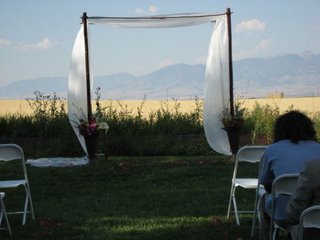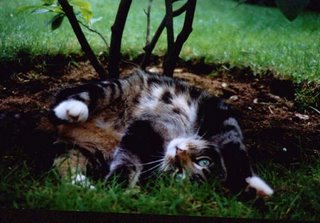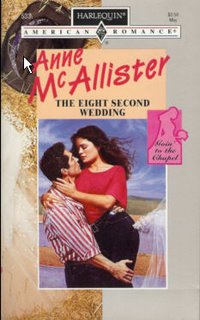This is a presumptuous title, but I'm in the midst of trying to keep my sanity while also trying to finish a book in a given amount of time (not enough, mind you). And so I'm reflecting on how to do the former and the latter at the same time.
And I'll tell you what I've learned:
1) You can't write 24/7. Or at least I can't. I need time off to let the brain cool. I need to think about something else. I need space.
2) It is possible to do something else and let your brain cool and then come back having figured out, subliminally, what you need to do next, PROVIDING (and that for me is the operative word) you have "primed the pump" first. That is, before going to do something else, you focus very clearly on the situation in which you have left your freaking characters and allow your brain to grapple briefly with that. Then you go away . . . and you come back at least reasonably refreshed and, on occasion, with a notion of what might happen now.
3) Watching films and reading books while you're trying to write is a good thing. It lets you off the hook. You can watch someone else's creativity while giving yours a rest. And sometimes what you see or what you read will jar the next bit of your own book loose from the concrete of your mind and you can make some progress.
4) Even if it doesn't, you might learn a new word or two. The longer I write, the more limited my vocabulary becomes. About the time it gets down to 28-30 words, and every other one of them is "nodded" or "growled," I read and discover amazing words that are not usually in my active vocabulary but which I do recognize as part of the English language. "Fuming" for example. Or "contempuous." Seven dollar words, as Mark Twain might say, that I endeavor to work into my book at some point thereafter.
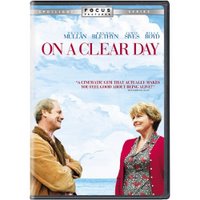
5) I might also find inspiration of a different sort. Last night, for example, I watched
On A Clear Day, starring Peter Mullan and Brenda Blethyn. It was a heartening, sometimes funny, sometimes painful, sometimes joyous look at life. It made me think, as it was intended to do, about persevering and not quitting and how sometimes your best still isn't good enough. But even that, if you give it, is worth something. It validates you as a human being, and it makes a difference to all the other people in your life. Sound deep? Sound heavy? In this case it was moving and, at times, delightful. And it reminded me of how inter-connected all our lives are, even when we don't realize it.
6) For example, Frank, the main character in the film, for reasons that start out somewhat murky and gradually become clear, decides to swim the English Channel. He's in his 50s. He's got baggage, emotional and otherwise. He might not have a prayer of doing it. And yet his efforts not only save him, but they prod others into making efforts and changing, too. What Frank does not only affects his life, but the lives of everyone who is open to such change, such hope.
7) Which is what Frank did for me. But also what Lucy Monroe did for me, unbeknownst to her, the other day. I stopped by her blog again, for the first time since her conference party. And she was talking about having had "a good day." A good day for Lucy was writing 24 pages. Ye gods. That would be a "miracle day" in my book. It has probably happened twice in 20 years for me. Apparently it is good but not miraculous for Lucy. So more power to her. But however usual or unusual it is for her, it is inspiring to me. Just like Frank inspired his mates, Lucy inspired me. I won't be getting 24 pages done in one day any time soon. But I kept coming back to the desk for the rest of that day -- and the day after and the day after that. I have kept plugging away in my own good time, making the progress I can make. Pleased -- and still sane -- as I did it.
8) It's the
Bird By Bird principal at work. In her book of the same title, Anne LaMott explains the slow s
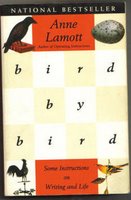
teady slog from start to finish. There are moments of greater stress, certainly, when deadlines loom. But flashes of brilliance aren't the ticket to getting a book done. They are nice, but they alone don't write novels. Novels are written bird by bird, stroke by stroke, page by page. Or, sometimes, line by bloody line, and word by painful word.
9) In the end it's about the story. Remaining true to the story is the easiest way I know to staying sane. It corrects the misapprehension that this book and the writing of it is "all about me." It's not. I'm the conduit. I am the medium. The characters are the reason. I need to simply show up and write. There will, on occasion, be flashes of brilliance -- like those infrequent wonderful moments when it all comes together (one of which I had a week or so ago) -- but mostly it will be days of just showing up. Hours of just thinking. More time than I would like to recall taking out stuff I've just put in. Work. But work that is done with balance. Slow and steady always. And faster and steady when the story permits.
10) And, like Frank, never giving up.
Seen any good movies lately? I'm always on the lookout. I'd appreciate some recommendations!





